Question And Answer
Publications
Articles, publications, books, tools and multimedia features from the U.S. Institute of Peace provide the latest news, analysis, research findings, practitioner guides and reports, all related to the conflict zones and issues that are at the center of the Institute’s work to prevent and reduce violent conflict.
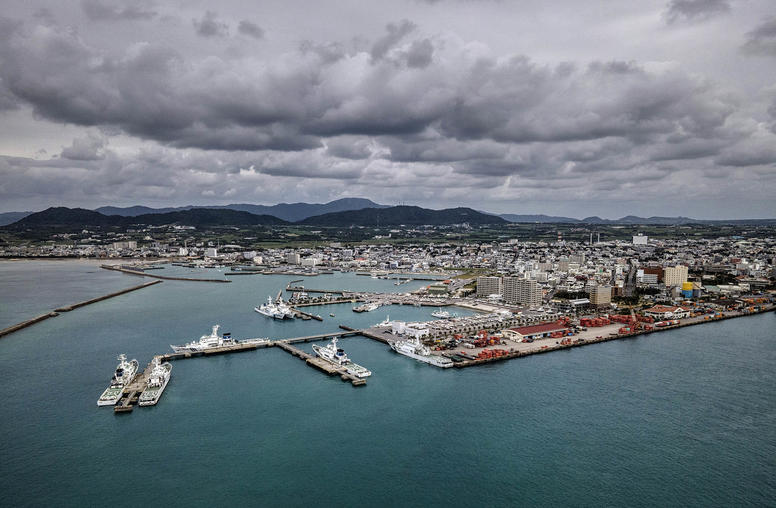
How the Japan-China Hotline Can Help Stop Crisis from Turning into Conflict
For over a decade, confrontation over maritime administration and transit has increased the risk of security incidents between Japan and China. Disputes over territorial incursions, military movements and other activities have maintained consistent friction points between these regional neighbors, begging the question of how the two sides might mitigate tactical-level incidents from becoming strategic-level crises. To that end, on May 16, the two countries’ defense ministers held their first phone call across the newly established “Hotline between Japan-China Defense Authorities.” This culminated a years-long effort to establish a viable line of communication for information exchange and crisis management.
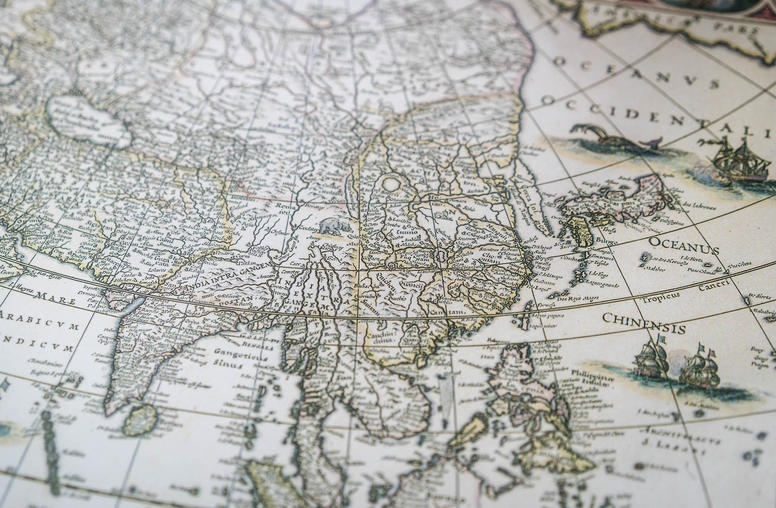
In Southeast Asia, U.S.-China Competition Is More than a Two-Player Game
Great power rivalry between the United States and China is frequently couched in bilateral terms with regions of the world merely serving as arenas of competition. Rarely considered is the reality that while third countries may be significantly weaker than either the United States or China, they are neither totally helpless nor completely without leverage or absent agency. As Southeast Asia is “where great powers meet,” the region’s states have a challenging balancing act to play, but also have options in how they manage the risks and opportunities presented by this competition.

Sameer Lalwani on the G20 Summit
At the G20 summit, the United States should focus on engaging with the Global South. “A lot of these countries are worried about bread-and-butter issues,” says USIP’s Sameer Lalwani. “In the absence of U.S. leadership at an institutional level … there’s going to be other actors that fill that vacuum.”
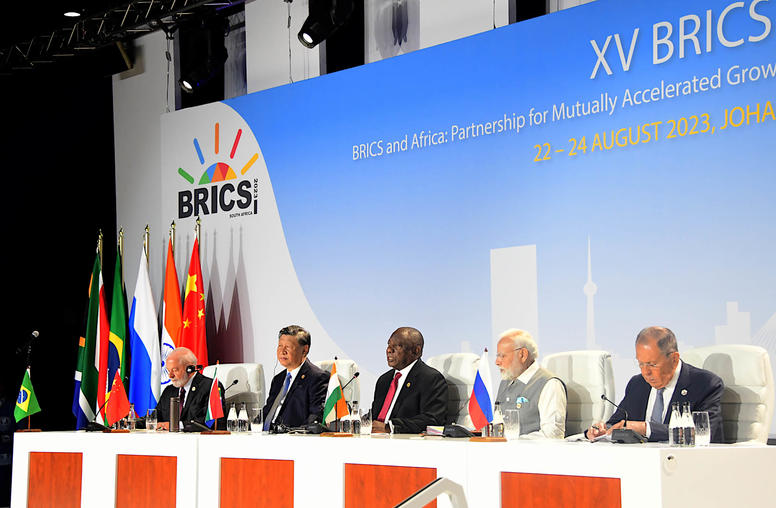
What BRICS Expansion Means for the Bloc’s Founding Members
After more than 40 countries expressed interest in joining, the question of whether BRICS would admit new members was finally answered during the group’s summit last week. Despite pre-summit reports of division over the potential expansion, leaders from the five-nation bloc announced that Saudi Arabia, Iran, Ethiopia, Egypt, Argentina and the United Arab Emirates (UAE) would join the group starting in 2024.

Henry Tugendhat on the Geopolitical Impact of BRICS Expansion
The expansion of BRICS is a significant step in the bloc’s push to counterbalance the Western-led international order. But as a consensus-based group, “the question remains to what extent will they agree on what [that] alternative world order might look like,” says USIP’s Henry Tugendhat.

How Should the U.S. Respond to China’s Influence in Latin America?
On August 21, the Central American Parliament — a regional body representing Guatemala, El Salvador, Honduras, Nicaragua, the Dominican Republic and Panama — voted to expel Taiwan as a permanent observer and replace them with the People’s Republic of China (PRC).

¿Cómo deberían responder los Estados Unidos a la influencia China en América Latina?
El 21 de agosto, el Parlamento Centroamericano – organismo regional regional que representa a Guatemala, El Salvador, Honduras, Nicaragua, la República Dominicana y Panamá – votó a favor de expulsar a Taiwán como observador permanente y sustituirlo por la República Popular China (RPC).
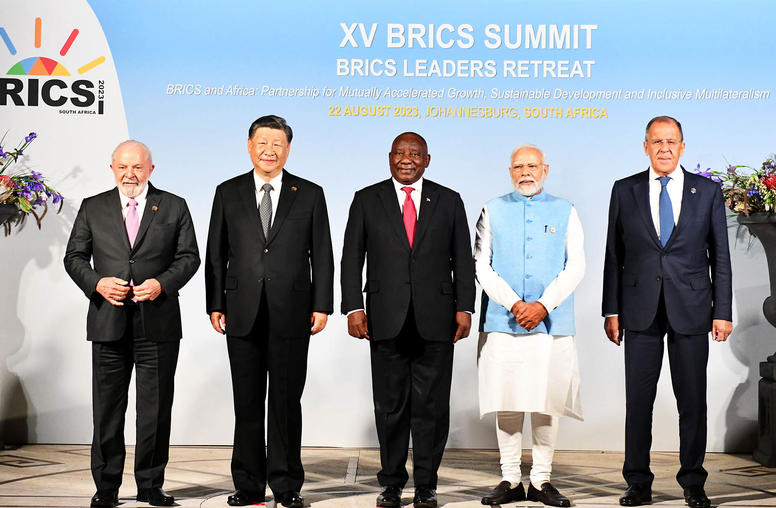
Why the BRICS Summit Could Be a Big Deal
The leaders of the so-called BRICS (Brazil, Russia, India, China and South Africa) are gathering in Johannesburg this week in what is likely to be pivotal meeting for the bloc’s trajectory. Russian President Vladimir Putin will not be attending due to an International Criminal Court warrant. But Moscow and Beijing will be pushing for the group’s expansion in a bid to strengthen the bloc as an alternative to the U.S.-led liberal international order. Over 40 countries have applied to join. But there is division within the five members. Brazil and India fear that expansion will dilute their influence and impact their nonaligned foreign policies.

Dean Cheng on China-Philippines Confrontations in the South China Sea
Tensions between China and the Philippines over control of Second Thomas Shoal have become the focal point of China’s increasingly aggressive efforts to assert dominance over the South China Sea, says USIP’s Dean Cheng: “Essentially what [China] is saying is that huge swath of ocean … is somehow Chinese waters.”
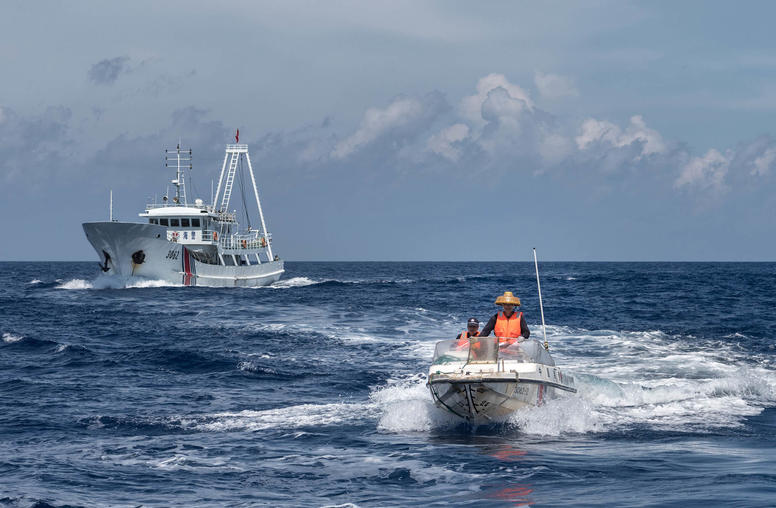
How Should the U.S. Respond to China’s Brazen Pursuit of Spratly Islands Claim?
In recent weeks, the People’s Republic of China (PRC) has dispatched ships and other maritime forces to the disputed Spratly islands near the Philippines. The goal has been to coerce the Philippines into withdrawing from the contested Second Thomas Shoal, effectively ceding it to the PRC. China’s actions are in defiance of the international Permanent Court of Arbitration’s findings that undermine PRC claims to the Spratlys. They therefore constitute a serious challenge to the international rules governing maritime conduct, as well as to broader peace and stability in the South China Sea, through which enormous amounts of global trade flow.